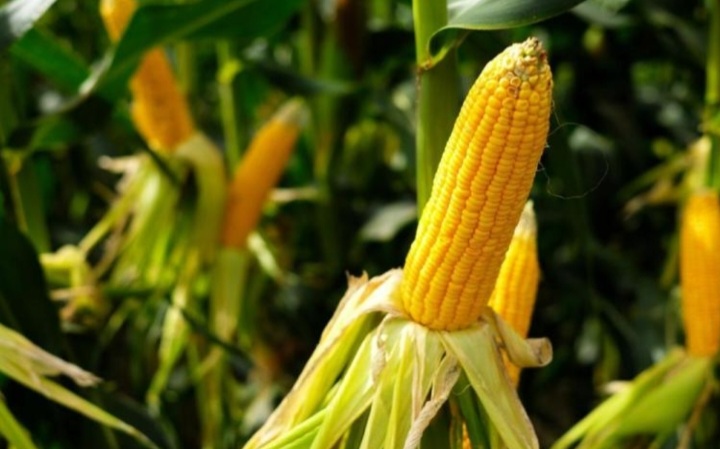TELA Maize As New Nutrition Solution To Nigerian Homes

By Grace Samuel
As a way of boosting nutrition in Nigerian homes and achieving food security in 2024, the federal government of Nigeria os introducing TELA maize to list of crops for farmers.
Already, other Sub-saharan countries have started adopting the TELA maize project in solving their hunger problems
The TELA Maize Project is a public-private partnership that is working towards initiating the commercialization of transgenic insect-protected and later drought-tolerant maize varieties to enhance food security in Sub-Saharan Africa.
The word “TELA” is derived from the Latin word TUTELA which means “Protection.” The TELA Maize Project builds on progress made from a decade of excellent breeding work under the Water Efficient Maize for Africa (WEMA) Project.
WEMA’s purpose was to develop drought-tolerant and insect-protected maize varieties for farmers to produce more reliable harvests under moderate drought conditions and protect maize from insects.
The project used both conventional advanced plant breeding and biotechnology in the development of the maize varieties.
In Nigeria, Agricultural experts have emphasized that introducing TELA maize in the country will align with the federal government’s agricultural transformation agenda and enhance food nutrition security.
The National Committee on Naming, Registration and Release of Crop Varieties, Livestock breeds/Fisheries (NCNRRCVLF), led by Prof Olusoji Olufajo, recently granted approval for the commercial release of TELA maize at the National Centre for Genetic Resources and Biotechnology (NACGRAB) in Ibadan.
During the meeting, the Executive Director of the AATF, Dr Canisius Kanangire, reiterates the organization’s unwavering dedication to addressing the issues encountered by farmers throughout Africa.
Also speaking, the Executive Secretary of the Agricultural Research Council of Nigeria (ARCN), Prof Garba Sharubutu, noted that the approval of the TELA Maize variety in Nigeria is a significant achievement that validates the potential of biotechnology in securing food and nutrition and enhancing the well-being of farming households across the continent.
Furthermore, the Director-General of NABDA, Prof Mustapha Abdullahi, and the TELA Maize Project Manager, Dr Sylvester Oikeh, highlighted the potentials of TELA Maize to reduce the need for pesticides on maize crops, which they said is be advantageous for humans, livestock, and the environment.
Speaking further, Oikeh encouraged other African countries to follow Nigeria’s lead in adopting this technology to benefit farmers.
Oikeh expressed his satisfaction with the decision made by the Nigerian government, which demonstrates their dedication to support farmers. He commended the scientists for their dedication and effort that has brought the product closer to farmers.
The TELA Maize project includes various partners such as National Agricultural Research Institutes in Kenya, Mozambique, Ethiopia, and South Africa, as well as the International Maize and Wheat Improvement Center (CIMMYT), Bayer, and is funded by the Bill and Melinda Gates Foundation and USAID.
Development of the improved varieties was led by the Institute for Agricultural Research (IAR) Samaru, Ahmadu Bello University Zaria through the TELA Maize Public-Private Partnership coordinated by AATF.
AATF is an international not-for-profit organisation that is empowering smallholder farmers across Sub-Saharan Africa with a wide choice of agricultural innovations that contribute to food and nutrition security to generate health and wealth for their families and communities.
